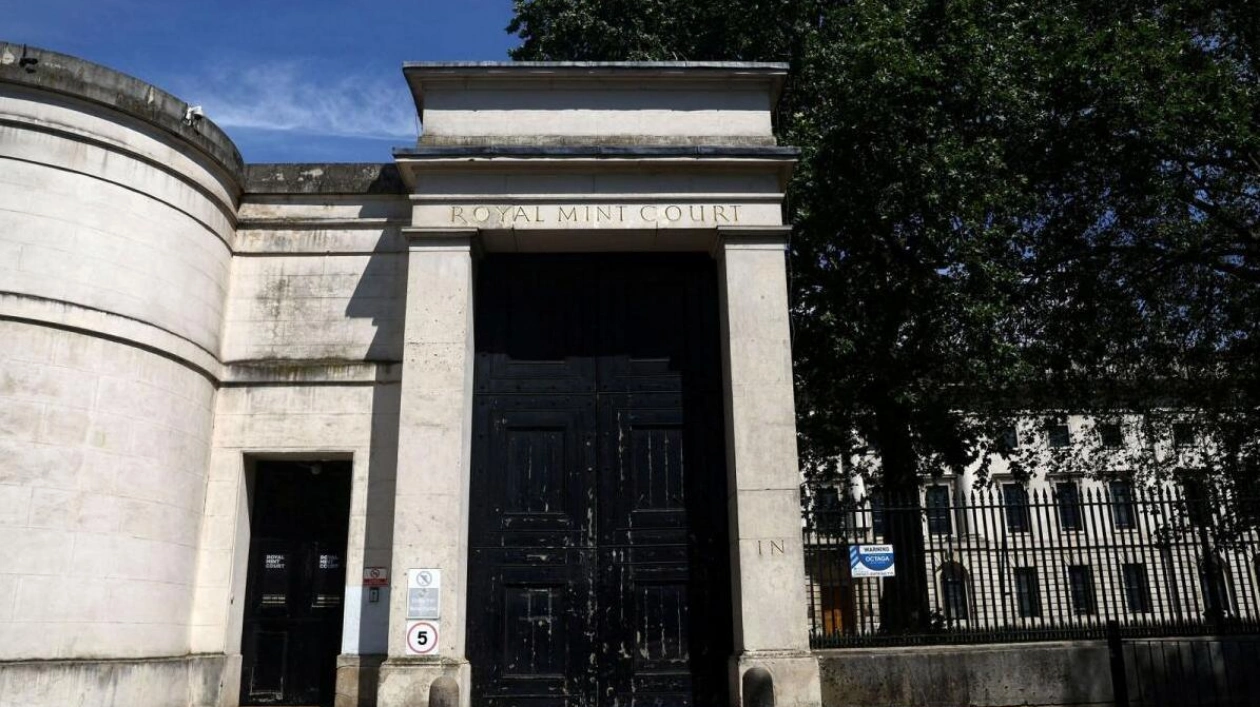China has recently reintroduced plans to construct a sizable new embassy in London, a project that might challenge the new Labour government's approach to its dealings with the world's second-largest economy, especially after a period marked by diplomatic strains and disagreements. Beijing submitted a fresh planning application to Tower Hamlets council for the embassy's construction near the Tower of London in June, shortly after the new administration assumed power on July 5, as per documents available on the council's website.
The planning documents argued that the council's refusal in December 2022, citing security concerns and resident impact, was 'unjustified' and 'not aligned with planning policies'. China failed to meet a deadline last year to contest this decision amid tensions with the previous Conservative-led government over alleged Chinese cyber-espionage and human rights issues. However, China retained the right to submit a new application.
Although Tower Hamlets council will initially review the application, the central government might intervene if the proposal is rejected again and China appeals. Both the council and the Chinese embassy in London have yet to comment on this matter. China has criticized Britain for inflating accusations regarding Chinese spies and cyberattacks.
Under Prime Minister Keir Starmer, Labour has focused on enhancing post-Brexit ties with the European Union but has also indicated it will conduct an assessment of the bilateral relationship with China to address the challenges and opportunities presented by Beijing. China initially revealed plans to build a new London embassy in 2018, reflecting its growing diplomatic influence, by purchasing land on the former Royal Mint site for approximately £250 million.
The proposed embassy would be China's largest in Europe and nearly double the size of its Washington counterpart. This has prompted some British politicians and security officials to express concerns that a larger embassy and increased Chinese diplomats could facilitate a rise in espionage activities. Conversely, Chinese officials have conveyed their dissatisfaction to the British government for not securing planning approval during official-level discussions.
Earlier this year, British and Chinese officials engaged in at least one meeting to address this ongoing dispute.






